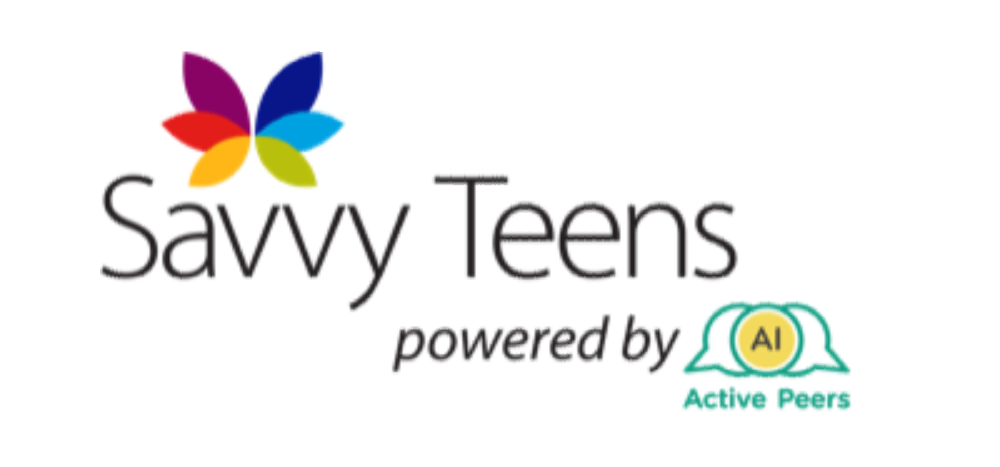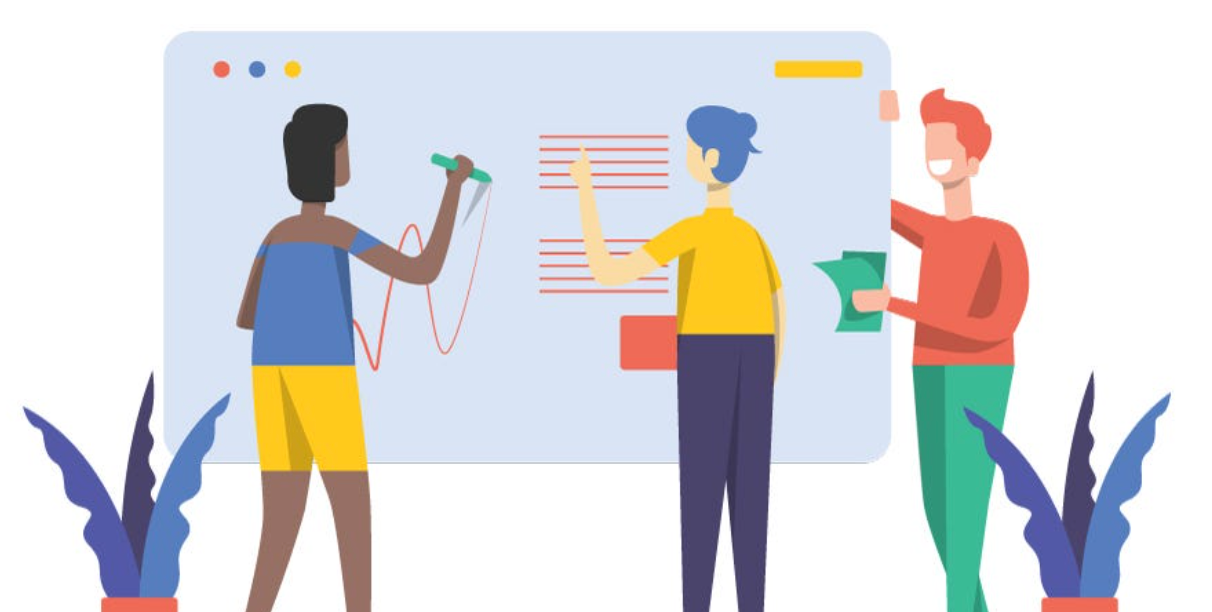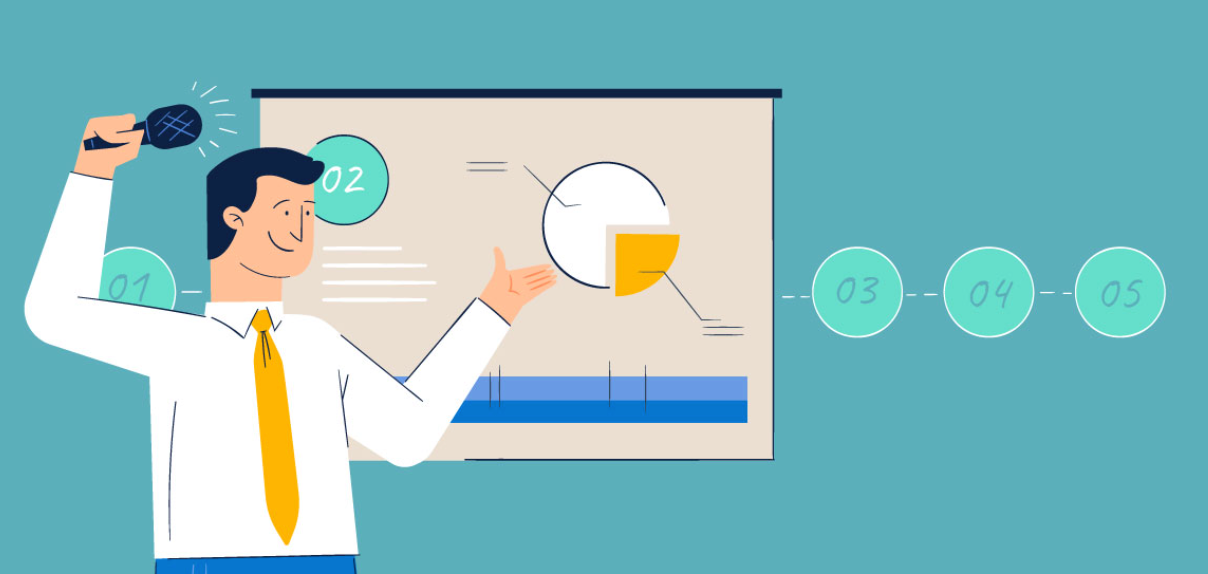Different Types of Sessions to Conduct with Guest Speakers: Format 1 - Q&A Session
Welcome to the first installment of our "Your Questions, My Answers" series! In this series, we'll explore different types of sessions that you can conduct with guest speakers. In this blog, we'll focus on Format 1 which is a Q&A session.
A Q&A session is a great way to engage your audience and allow them to ask questions directly to the speaker. However, it's important to set some guidelines to ensure a smooth and productive session.
Here are some tips for conducting a successful Q&A session:
- Prepare Questions in Advance: To avoid any lulls in the conversation, it's a good idea to work with your facilitator to prepare questions beforehand. This ensures that there are always questions ready to be asked, even if the audience is hesitant or lacks context.
- Set Expectations: Make it clear from the beginning that everyone in the audience will be expected to ask at least one question. This encourages active participation and ensures that everyone gets involved.
- Have Multiple Questions Prepared: Encourage participants to have more than one question prepared. This way, if someone else asks a question that was already on their mind, they have other questions to fall back on. It also shows that they have put some thought into the session.
But what if some people don't have any questions to ask? It's not uncommon for participants to feel unsure about what makes a good question. In these cases, it's helpful to coach them and provide some examples.
Here are two fail-safe questions that can work in almost any situation:
- "What do you do on a daily basis?" - This question is great for gaining insights into someone's career and learning from their experiences.
- "What practical tips do you have for me in my position?" - This question allows participants to seek advice specific to their own circumstances, whether it's starting a business or managing a team.
Sometimes, participants may ask closed-ended questions that have simple "yes" or "no" answers. In these cases, it's important to encourage them to expand on their question to foster more engagement with the audience.
When it comes to follow-up questions, they can be a valuable way for participants to further engage with the speaker and delve deeper into a topic. However, it's crucial to strike a balance and avoid monopolising the conversation.
If a participant continuously asks follow-up questions, you can politely redirect the conversation by acknowledging their enthusiasm while ensuring others have a chance to participate as well. For example, you can suggest continuing the discussion offline or invite them to chat after the session. Additionally, you can express appreciation for their engagement while reminding them of the importance of giving everyone an opportunity to ask their questions.
In conclusion, a Q&A session is an excellent format for engaging with guest speakers. By preparing questions in advance, setting expectations for participation, and encouraging participants to have multiple questions ready, you can ensure a productive and inclusive session. Remember to strike a balance when it comes to follow-up questions, always prioritizing the needs of the entire audience.
We hope these tips will help you plan a successful Q&A session for your guest speakers!












